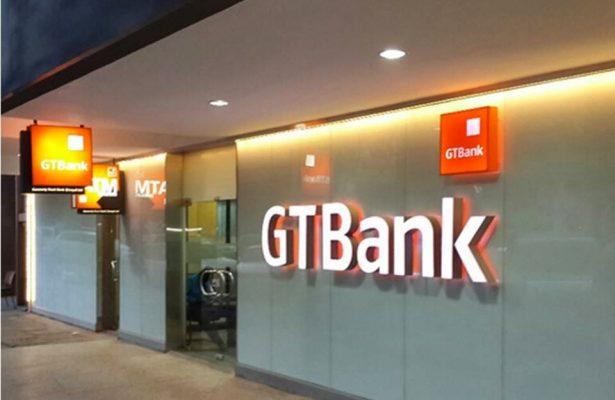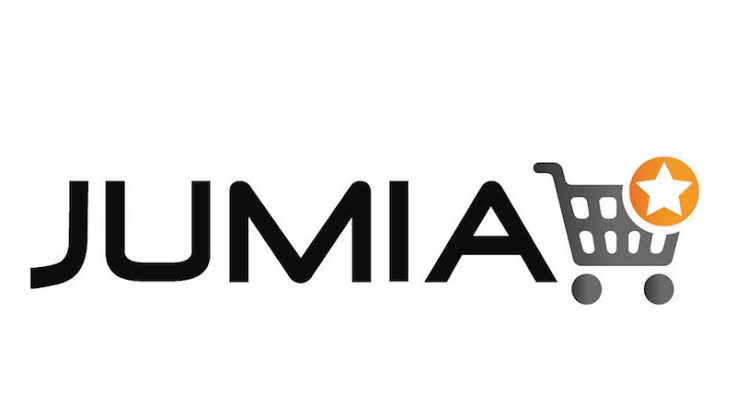
Guaranty Trust Holding Company (GTCO), one of Nigeria’s most efficiently run bank, has just announced the largest ever pre-tax profits in Nigerian banking history.
According to information contained in its first-quarter earnings, the bank posted a pre-tax profit of N509.3 billion, more than six times the profits it made in the same period in 2023.
Profit after tax for the period under review printed N457.1 billion while the bank’s total assets rose to N13 trillion from N9.6 trillion at the end of 2023.
GTCO entire profit after tax for 2023 was N539.6 billion underscoring how significant this result is for the bank and its shareholders.
The Holding Company, which includes its flagship Nigerian bank and its fledgling subsidiaries, reported a net interest income of N213.8 billion after deducting loan losses.
Net interest income was three times its prior year figure, highlighting the substantial profits banks are generating from loans and advances to their customers.
In a season of high interest rates and exchange rate weakness, commercial banks tend to deliver impressive numbers.
GTCo also earned over N100 billion from investments in securities. About 79% of its investment security portfolio is comprised of treasury bills, which are yielding returns as high as 19% compared to single-digit returns posted a year earlier.
Commission and fees also contributed another N52 billion to the bottom line, nearly delivering another double-digit gain year on year.
Mr. Segun Agbaje, the Group Chief Executive Officer of Guaranty Trust Holding Company Plc, shared insights into the company’s first quarter achievements and future outlook.
“Our first quarter results reflect the unfolding value of what we have created across all our business verticals through the Holding Company Structure—from Banking and Payments to Funds Management and Pension. We are strategically positioned to effectively compete and meet all our customers’ needs within a unified, thriving financial ecosystem.”
Despite the challenging operating environment, Mr. Agbaje noted the company’s solid performance, highlighting “significant growth across all financial and non-financial metrics,” and affirmed that the company remains on track to meet its full-year guidance.
The bank also spoke to the significance of the result from a.banking industry perspective, stating that it was one of the “best metrics” in the sector.
“Overall, the Group continues to post one of the best metrics in the Nigerian financial services industry in terms of key financial ratios i.e., pre-tax return on equity (ROAE) of 117.0%, pre-tax return on assets (ROAA) of 18.0%, full impact capital adequacy ratio (CAR) of 24.9% and cost-to-income ratio (CIR) of 16.3%.”
Banks gain big from CBN Policies
The size of the bank’s profits highlights the impact Nigeria’s currency depreciation has had on commercial bank’s fortunes, in contrasts to manufacturing companies.
Zenith Bank, UBA, and Access Bank, which also recently published their results, reported N320 billion, N156.3 billion, and N202.7 billion respectively. Like GTCo, gains from exchange rate revaluation aided profitability. In some cases, forex revaluation contributes as much as 80% of profits.
GTCo’s performance reveals it posted a loss on revaluation gains while earning about N331.5 billion from “fair value gain on financial instruments,” a term for an increase in the market value of a financial asset, as measured by the difference between its current fair value and its previous valuation or purchase price.
It’s unclear if this represents the bank’s investments in financial derivatives, forex, or both. In this era of massive bank profits, forex revaluation gains have become a trend contrasting massively with the ravaging effects they’re having on the wider economy.
The Central Bank’s hawkish monetary policy, which has seen its benchmark monetary policy rate (MPR) rise to about 24.75%—a more than 600 basis point increase in less than six months, enables banks to earn money from the spread between lending rates and deposit rates.
In periods of high interest rates, this spread can be quite lucrative.. Banks make money from the spread between lending rates and deposit rates, and in periods of high interest rates, the spread can be lucrative.
Retained Earnings
GTCo’s profits will also fuel the debate over the central bank’s controversial decision to not include retained earnings in the calculation of banks’ tier 1 capital.
For example, the N509 billion profit is more than the N361 billion GTCo needs to raise to meet the central bank’s recapitalization requirement.
GTCO’s retained earnings N931 billion up from N737.5 billion a year earlier. Yet it is not allowed to capture that as part of its share capital, per CBN directives,
While banks are not allowed to include this as part of the bank’s tier 1 capital per the central bank’s recapitalization plans, GTCo can pay out the money as dividends to their shareholders after their half-year results.
“It would only be financially expedient for its shareholders to reinvest the dividends back into the bank as part of their rights issue subscription,” says one portfolio analyst who preferred not to be named.
GTCO share prices gained 8.8% at the close of trading on Friday at a share price of N38.10. The stock is down 5.95% year to date. It’s highest placed price this year is about N53 per share.






